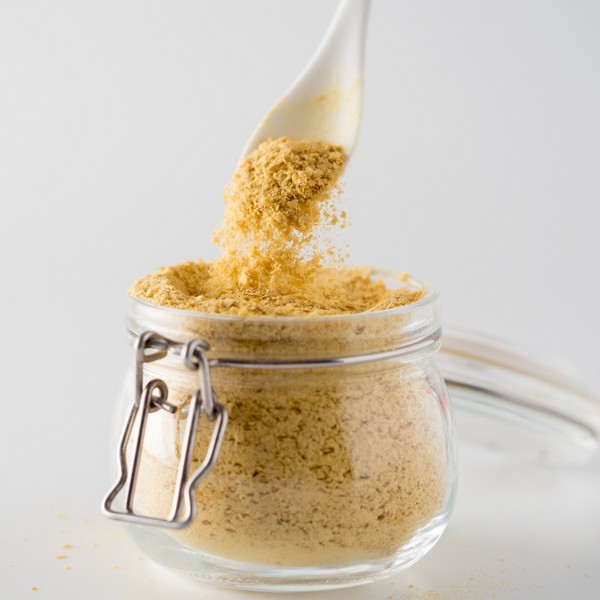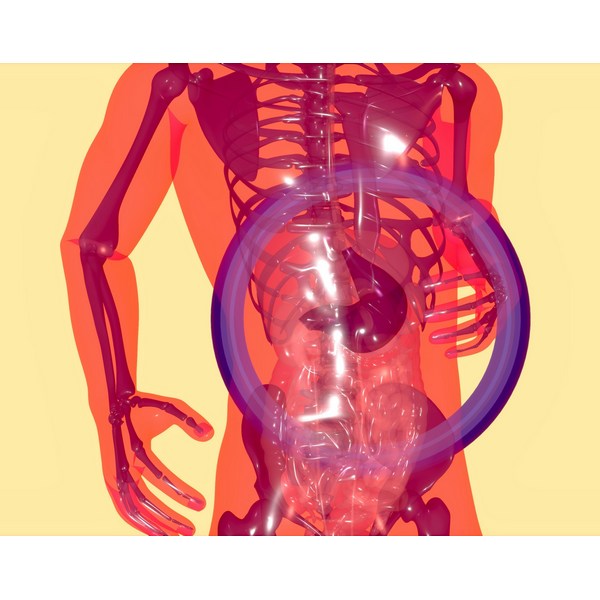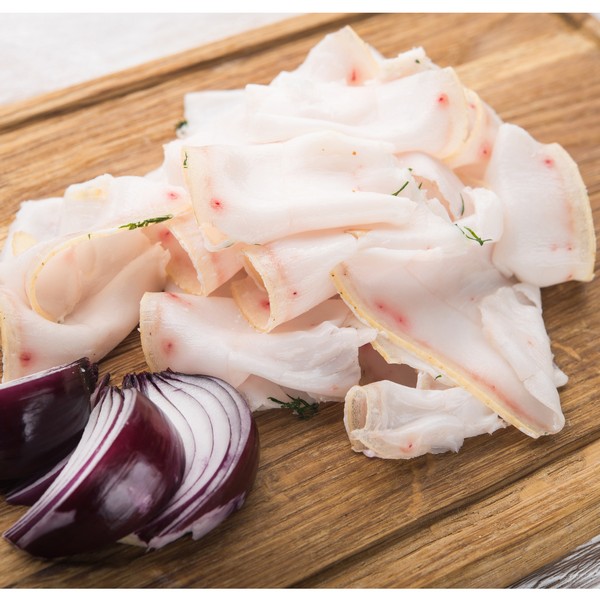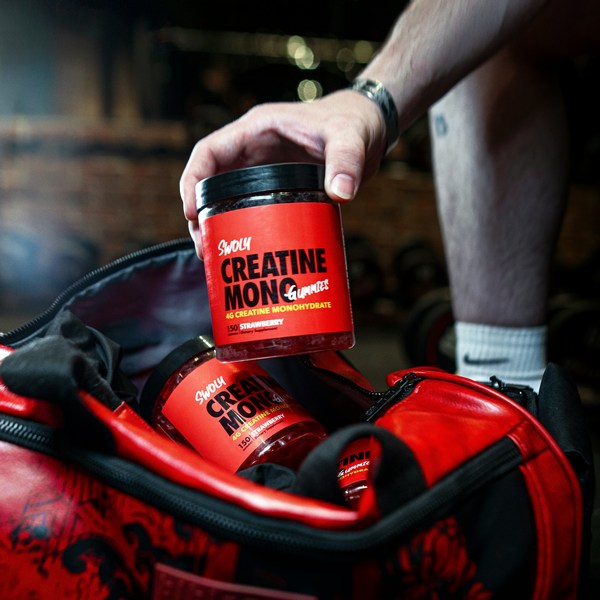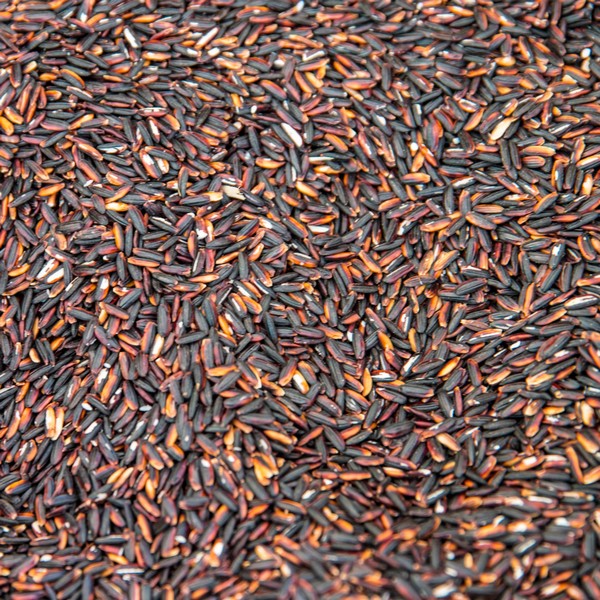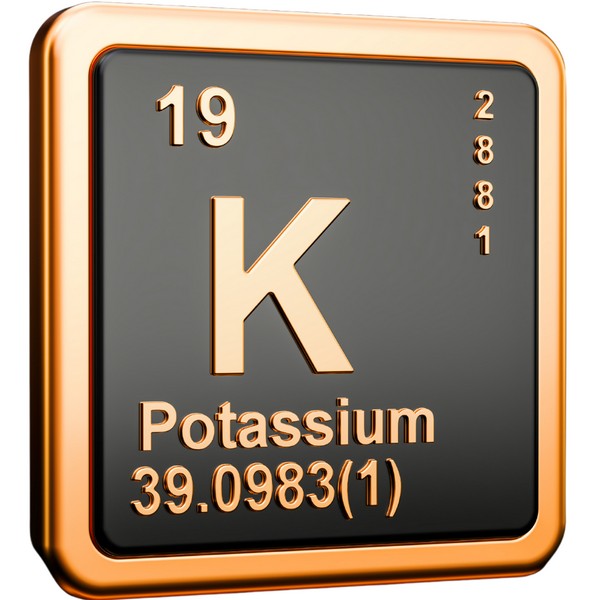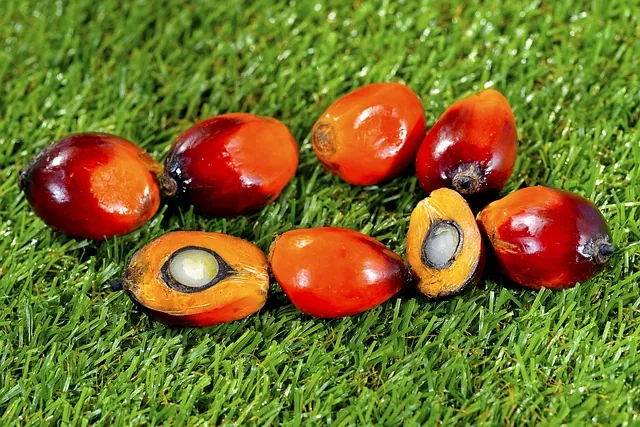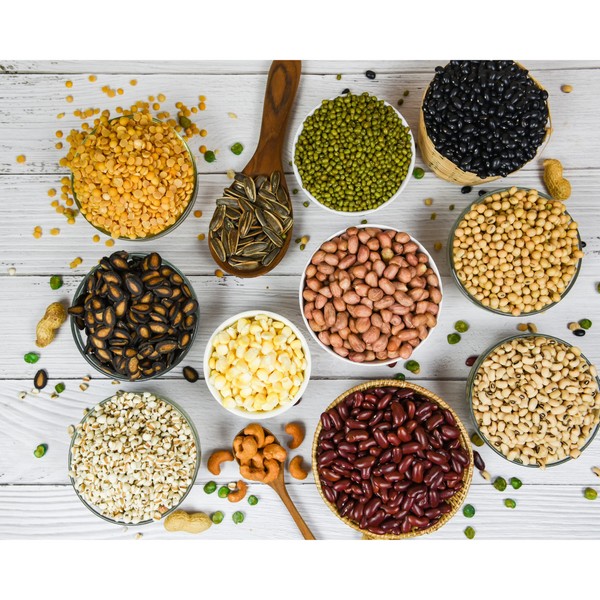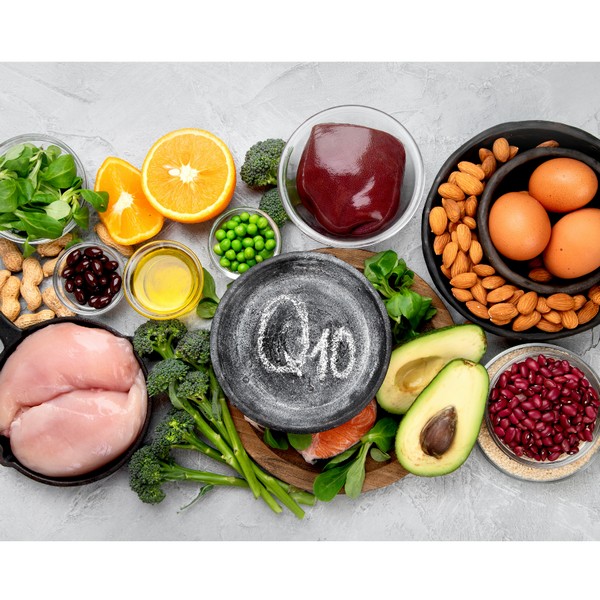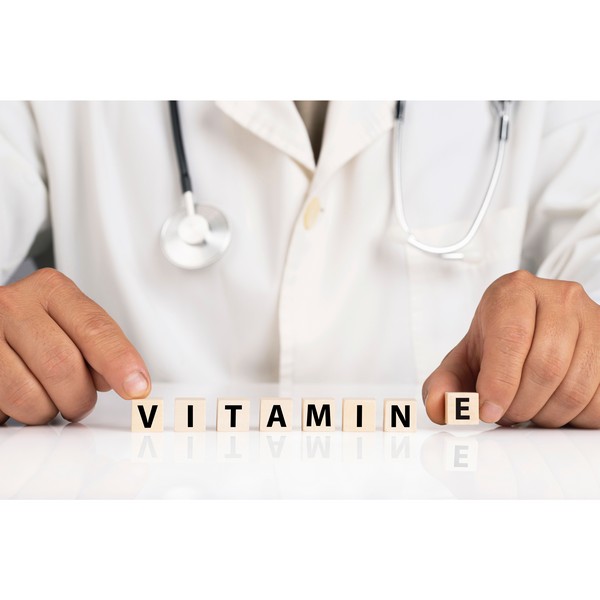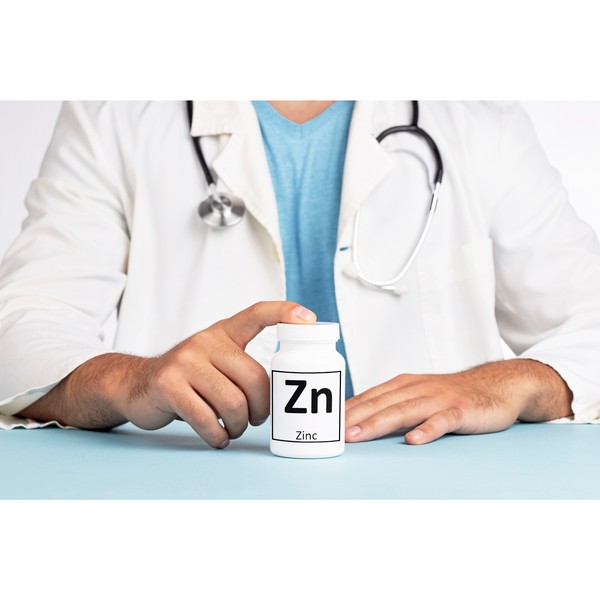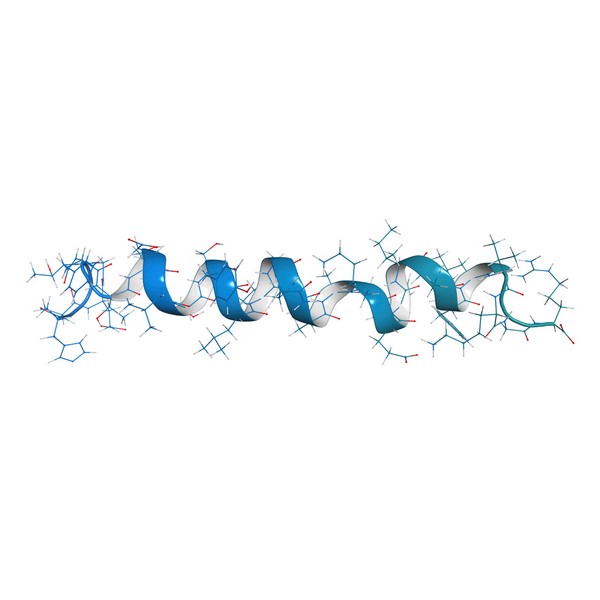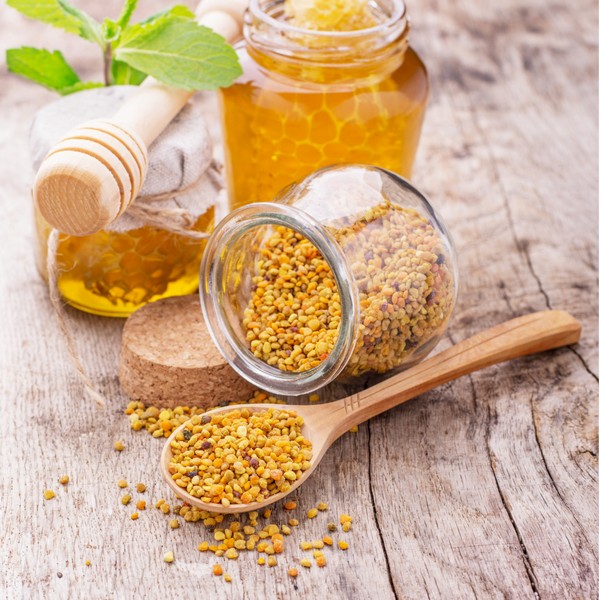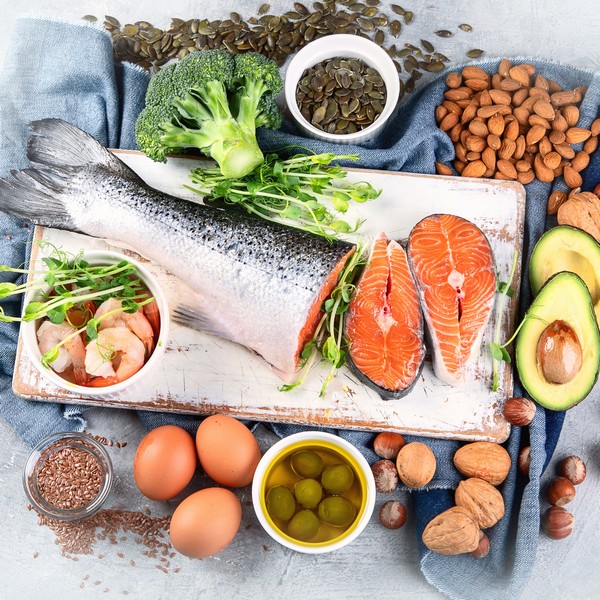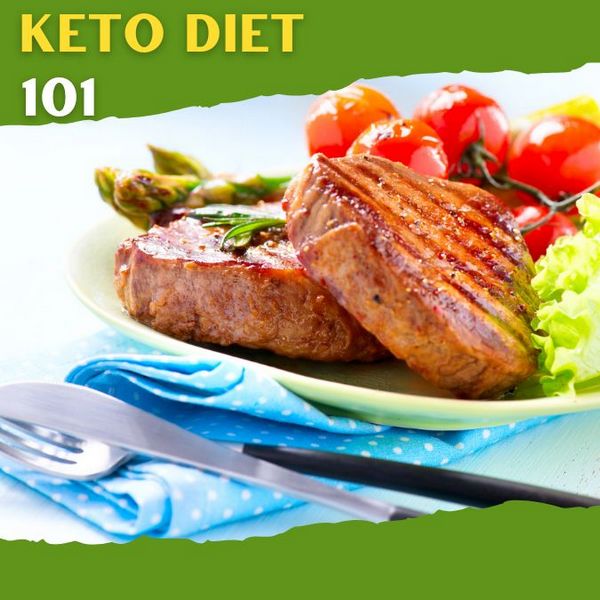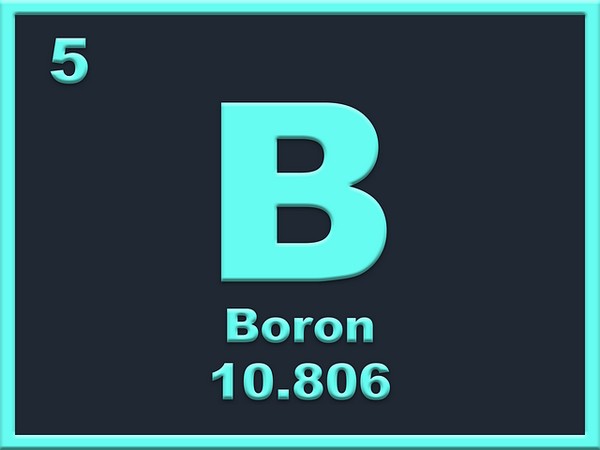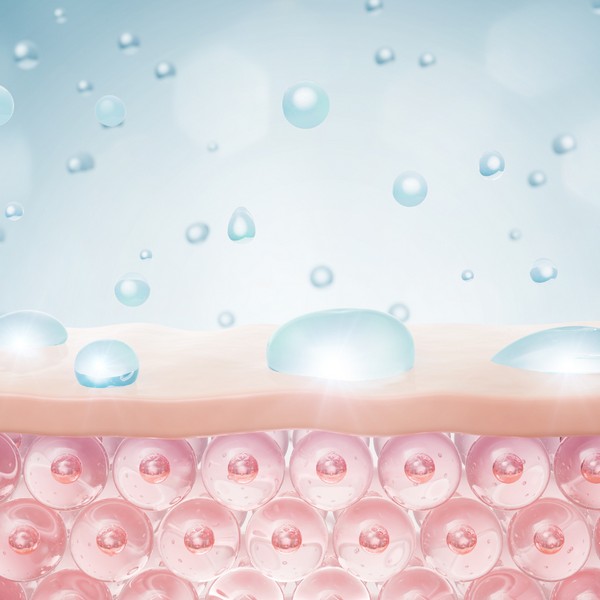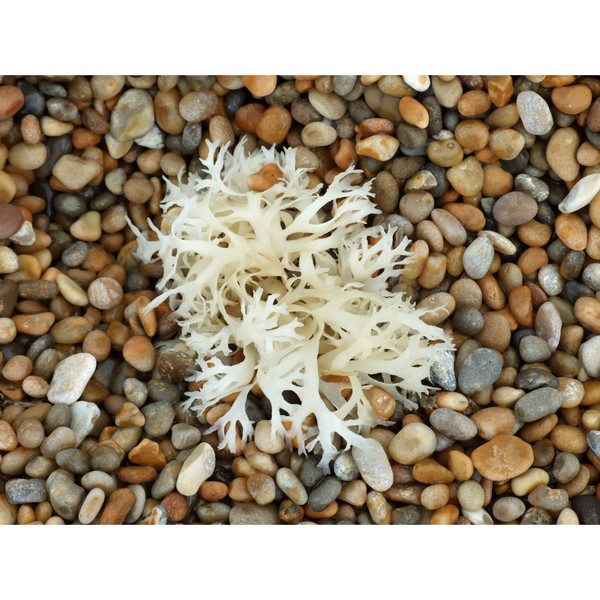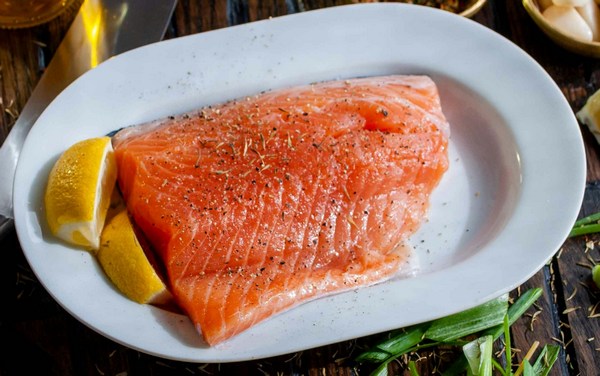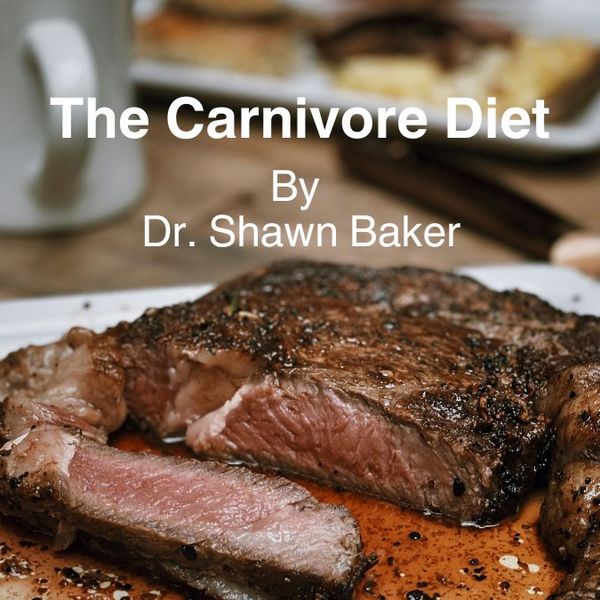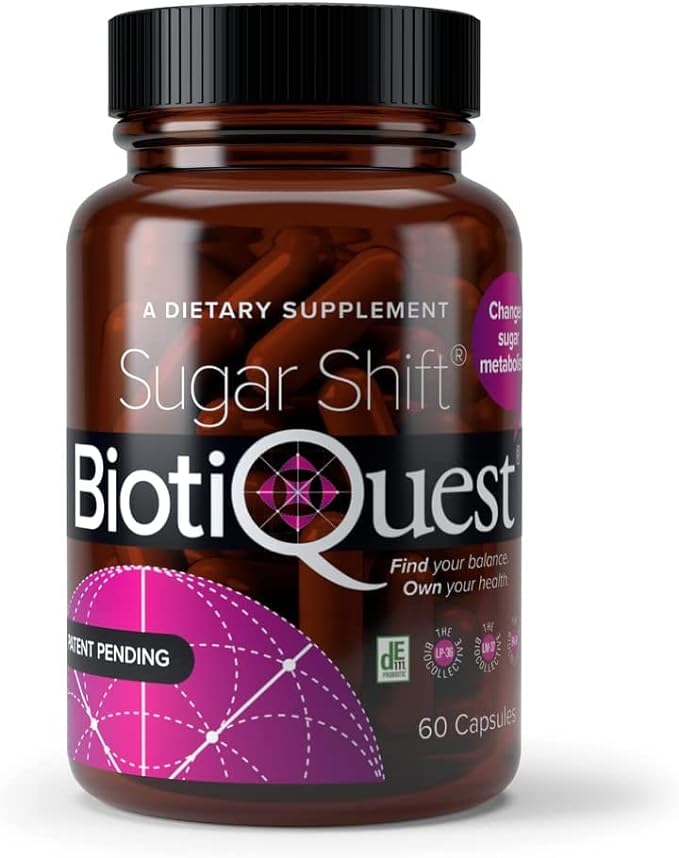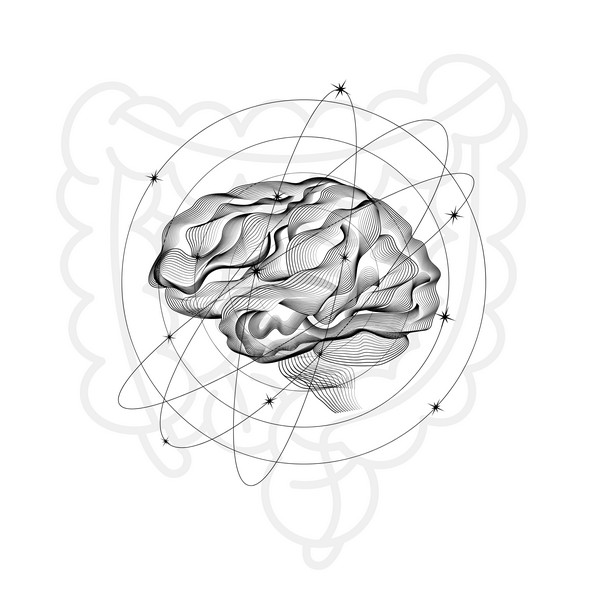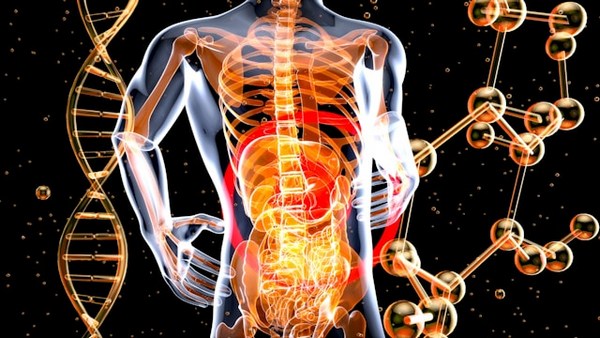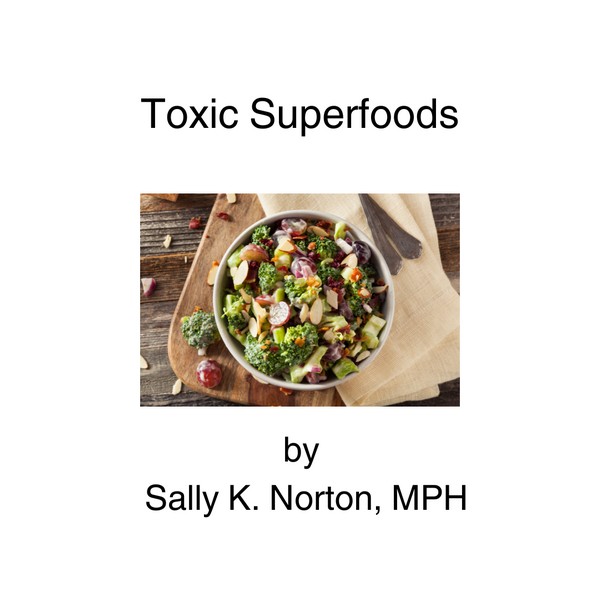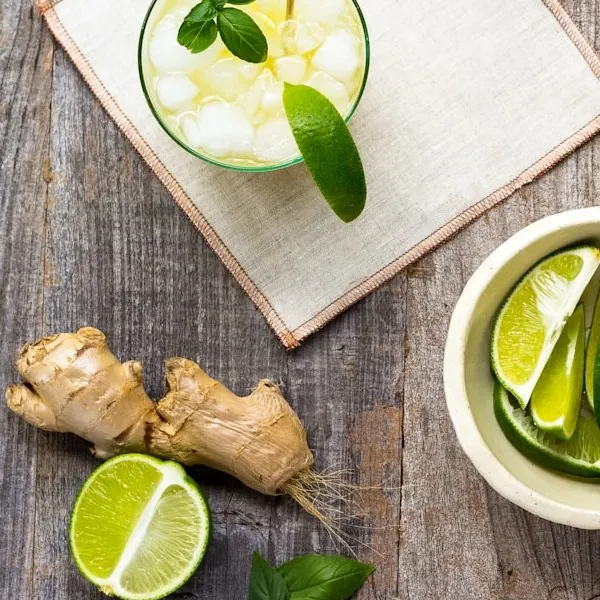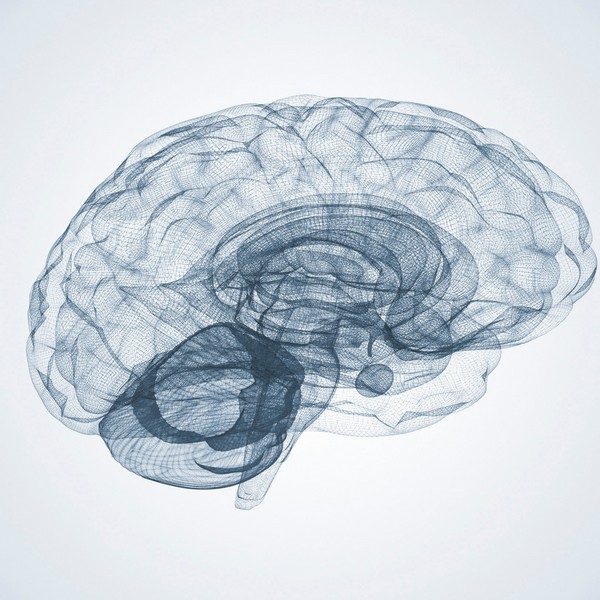Table of Contents
Understanding IBS
Irritable Bowel Syndrome (IBS) is a common digestive disorder that affects your digestive system, causing symptoms such as abdominal pain, bloating, and changes in bowel habits.
There are various subtypes of IBS, including IBS with diarrhea (IBS-D), IBS with constipation (IBS-C), and mixed IBS, which involves alternating between diarrhea and constipation.
In many cases, IBS can be effectively managed through lifestyle changes and natural treatments. It’s important to understand the potential triggers and causes of IBS in order to find the best solutions for your specific situation.

One possible cause of IBS is bacterial overgrowth in the gut, which can lead to an imbalance in the gut microbiome.
This can result in the body’s immune system producing inflammation, which aggravates the digestive system and causes IBS symptoms.
To combat this issue, maintain a healthy and balanced diet by eating foods rich in protein, avoiding foods that trigger symptoms, and considering the use of probiotics to help restore a healthy balance of bacteria.
Another factor to consider in IBS management is stress, as it can exacerbate symptoms. Finding ways to manage stress, such as through exercise and relaxation techniques, can help to alleviate the intensity and frequency of IBS symptoms.
It’s important to note that IBS is a long-term condition and there is no one-size-fits-all solution.
You will need to work closely with your healthcare provider to identify the best strategies for managing your IBS, which may include a combination of dietary changes, stress management techniques, and natural therapies tailored to your unique needs.
It may take time and experimentation to find the most effective approach for your IBS management.
Stay confident, knowledgeable, and proactive in seeking out information and support, and maintain a clear and open dialogue with your healthcare provider to ensure the best possible outcomes for your digestive health.
Symptoms of IBS

Physical Discomfort
If you suffer from irritable bowel syndrome (IBS), you might experience physical discomfort in the form of abdominal pain, bloating, and gas.
Cramping can be another issue, and it’s not uncommon to feel both constipated and nauseous.
Diarrhea might also be a problem for you, often alternating with constipation. These symptoms tend to come and go over time but can have a significant impact on your daily life.
Psychological Impact
Besides the physical discomfort, IBS can also affect your mental well-being. People with IBS sometimes experience anxiety and depression due to the unpredictability and inconvenience of their symptoms.
The need to constantly visit the restroom and the fear of experiencing symptoms in public can add to your stress levels.
Living with IBS may also impact your social life and relationships, as it can be challenging to manage daily activities and attend events when you’re constantly worried about experiencing symptoms.
Address both the physical and psychological aspects of IBS to effectively manage the condition and improve your overall quality of life.
Role of Diet in IBS

Undesirable Foods
Certain foods are known to worsen IBS symptoms such as bloating and gas. You should avoid or limit foods high in FODMAPS (fermentable oligosaccharides, disaccharides, monosaccharides, and polyols), which can ferment slowly in the intestines and cause discomfort.
Some examples of high-FODMAP foods are:
- Beans and lentils,
- Barley and wheat,
- Cabbage and broccoli,
- Onions and garlic,
- Fructose-rich fruits like watermelon and apples,
- Pasteurized A1 casein dairy products containing lactose.
Additionally, you should be cautious with insoluble fiber sources like bran, as they may exacerbate IBS symptoms.
Desirable Foods
On the other hand, there are several foods that can help ease IBS symptoms by being low in FODMAPs and providing beneficial soluble fiber. Some examples include:
- Grass-Fed Red Meat, Wild Caught Seafood and Pasture Raised Eggs
- Raw A2 Casein dairy products: goat or sheep milk, aged cheese, and yogurt.
- Fruits: kiwis, blueberries, and oranges,
- Vegetables: carrots, cucumber
- Healthy Grains: Millet, Sorghum
- Nuts and seeds: macadamia, walnuts, almonds, sesame seeds, and flaxseed,
- Psyllium: a soluble fiber supplement,
Following a low-FODMAP diet can provide relief from IBS symptoms for many people. It is helpful to keep a food diary to track the foods you eat and their impact on your symptoms.
Then, consult your doctor or a qualified dietitian for personalized dietary recommendations.
The low-FODMAP diet reduces GI symptoms and improves quality of life in IBS subjects as compared to control diets. Future work is required to obtain definitive answers regarding potential long-term effects of such diets on nutritional adequacy and the gut microbiome.
van Lanen AS, de Bree A, Greyling A. Efficacy of a low-FODMAP diet in adult irritable bowel syndrome: a systematic review and meta-analysis. Eur J Nutr. 2021 Sep;60(6):3505–3522. doi: 10.1007/s00394–020–02473–0
Including adequate soluble fiber in your diet is crucial in managing IBS symptoms. Soluble fiber sources like oats, flaxseed, and legumes can help regulate bowel movements by adding bulk and moisture to your stool, promoting regularity.
Start with small amounts and gradually increase your fiber intake to avoid triggering IBS symptoms. If necessary, consider using a fiber supplement like psyllium to ensure you meet your daily fiber goals.
Remember that not everyone with IBS will react the same way to specific foods. You should monitor how your body responds to dietary changes and work with your healthcare professional to develop a personalized plan tailored to your unique needs.
Natural Remedies for IBS
Lifestyle Changes
Making certain adjustments in your daily life can help manage the symptoms of irritable bowel syndrome (IBS). One effective approach is to avoid trigger foods, as 90 percent of people with IBS find relief by monitoring their diet.
Keep a food diary to track what you eat and how you feel afterward. This way, you’ll be able to identify which foods exacerbate your symptoms.
Additionally, try to increase your soluble fiber intake, either through food or supplements like Thorne FiberMend, to help reduce gas, bloating, and constipation.
Another useful remedy is to take probiotics, which have been found to be beneficial for IBS sufferers. Incorporating peppermint and peppermint oil into your diet can also provide relief from IBS symptoms.
Exercise and Relaxation

Engaging in regular physical activity, such as walking, swimming, or yoga, can also help alleviate IBS symptoms. Exercise can promote better digestion and help reduce stress, both of which are important factors in managing IBS.
Practicing relaxation techniques daily can be helpful in reducing stress and managing IBS symptoms.
Performing deep breathing exercises, meditation, or mindfulness can help you cope with the stress that often triggers IBS flare-ups.
Natural Remedies
In addition to medication, there are also natural remedies and supplements that have shown to be effective in managing IBS. Some of these include:
- Magnesium: This essential mineral has been known to help with constipation by promoting muscle relaxation and attracting water to your stools.
- Ginger: Consuming ginger, either in tea or supplement form, may help soothe the digestive system and ease IBS symptoms.
- Peppermint oil: Available in capsule form, peppermint oil has been shown to help alleviate symptoms of IBS by relaxing the intestinal muscles. Peppermint oil is a popular supplement that has been proven to help with IBS, particularly in reducing pain and discomfort. It is believed to have a relaxing effect on the muscles in the gastrointestinal tract, allowing for smoother digestion.
- Fiber: Increasing your intake of soluble fiber, through foods or supplements like psyllium, can help regulate bowel movements and alleviate both constipation and diarrhea.

Peppermint
It is well known that PEO is mainly composed of menthol, menthone, neomenthol, and iso-menthone, with strong anti-inflammatory, antibacterial, antiviral, scolicidal, immunomodulatory, antitumor, neuroprotective, antifatigue and antioxidant activities. Also, PEO shows pharmacological protection of gastrointestinal, liver, kidney, skin, respiratory, brain and nervous systems, and exerts hypoglycemic and hypolipidemic effects.
Zhao, H. et al. (2022). Peppermint essential oil: its phytochemistry, biological activity, pharmacological effect and application. Biomedicine & Pharmacotherapy, 154, Elsevier BV., p.113559. [Online]. Available at: doi:10.1016/j.biopha.2022.113559.
Aloe

Aloe vera is known for its anti-inflammatory properties and can help calm an irritated intestinal lining. Gel-based substances, such as aloe vera and sea moss, may help soothe the digestive tract and provide relief for some IBS sufferers.
Supplements for IBS
Incorporating specific supplements into your daily routine can help alleviate IBS symptoms. Certain dietary supplements have been found to aid in managing your condition effectively.
Slippery Elm
Herbal remedies can also provide relief for some IBS symptoms. Ulmus Rubra, aka Slippery Elm, is a member of the elm tree family, that has a long history of usage for various health conditions.
It may help improve overall digestive health, soothe an irritated gut, and is available as a natural supplement.
Fiber
Adding fiber supplements to your diet is another way to help manage IBS. There are two types of fiber: soluble and insoluble. For IBS, soluble fiber is recommended as it slows digestion and helps soften the stool, making it easier to pass.
Examples of soluble fiber supplements include psyllium and methylcellulose.
Remember, it’s essential to consult a healthcare professional before adding any supplements to your routine. Once approved, make sure to monitor your symptoms closely and adjust your supplement regimen accordingly.
Combining these supplements with a well-balanced diet and stress reduction techniques may help you effectively manage your IBS symptoms.
Role of Probiotics in IBS
If you’re dealing with irritable bowel syndrome (IBS), you might have considered probiotics as a potential natural treatment. Probiotics are good bacteria that help maintain a healthy balance in your gut.
They can alleviate some IBS symptoms and have been gaining popularity as an alternative remedy for IBS.
Incorporating probiotics into your diet may help improve gut health and manage IBS symptoms. These microorganisms can positively affect your gut microbiota and contribute to reducing gas, bloating, and abdominal discomfort.
Probiotics can be found in various foods, such as yogurt, kefir, and fermented vegetables, or taken as supplements.
Research has shown that different strains of probiotics can have varying effects on IBS symptoms. For example, Bifidobacterium and Lactobacillus strains have been found to be particularly effective in improving IBS symptoms.
Carefully choose what types of probiotics you introduce into your regimen, as not all products may provide the same benefits.
One important aspect to keep in mind is that results may vary between individuals. What works for one person might not necessarily work for another, and it may take some trial and error to find the most suitable probiotic strains for your unique situation.
IBS Medication and Health
Living with irritable bowel syndrome (IBS) can be challenging, but fortunately, there are various medications and natural remedies available to help you manage your symptoms and improve your quality of life.
When dealing with IBS, the first line of treatment often includes over-the-counter medications, such as laxatives and antidiarrheals. Laxatives, like polyethylene glycol and lactulose, can help with constipation by softening stools and promoting regular bowel movements.
On the other hand, antidiarrheal medications, such as loperamide, can help control diarrhea by slowing down the movement of your intestines.
To further improve your quality of life, focusing on a healthy organic clean ketogenic or low carbohydrate diet and lifestyle changes can go a long way in managing IBS symptoms.
Incorporate stress-reduction techniques, such as yoga or meditation, into your daily routine since stress can often exacerbate IBS symptoms.
Additionally, maintaining a regular exercise schedule and getting proper sleep can contribute to overall gut health and symptom management.
Finding the most effective IBS treatment may require some trial and error, as everyone’s symptoms and triggers differ. However, by incorporating these medications, supplements, and lifestyle changes, you can achieve relief from IBS and enjoy a better quality of life.
Frequently Asked Questions
What are the best home remedies for managing IBS?
Drinking plenty of water, avoiding alcohol and caffeinated beverages, and exercising regularly can help manage IBS symptoms. Mayo Clinic suggests that these practices can reduce intestinal stimulation and improve overall well-being.
How can I alleviate IBS symptoms using natural methods?
Keeping a food diary to track food intake and symptoms is a common method to help identify dietary triggers and alleviate IBS symptoms. According to the ACG, up to 90 percent of people with IBS experiment with diet for symptom relief.
What foods can help soothe IBS flare-ups?
Wild Caught Fish, Organic Pasture Raised Eggs, Grass Fed Meat, and fiber-rich foods like fruits, vegetables, and gluten-free whole grains can help regulate bowel movements and alleviate IBS symptoms. However, it’s essential to increase fiber intake gradually to avoid worsening symptoms. You can also try a low-FODMAP diet, eliminating foods that contain fermentable carbohydrates, to potentially reduce symptom flare-ups.
Are there any herbal remedies for IBS?
Peppermint oil is a popular herbal remedy for IBS, as it has natural antispasmodic properties that can help reduce colon spasms. You can use peppermint oil in capsule form or as a tea. However, the capsules can cause anal irritation, so it’s essential to monitor your body’s response.
What lifestyle changes can improve IBS symptoms?
In addition to dietary adjustments, exercise plays a crucial role in reducing IBS symptoms. Exercise can help relieve stress, stimulate normal intestinal contractions, and promote a positive self-image. It’s essential to establish regular exercise habits and incorporate stress reduction techniques like meditation, deep breathing, and yoga into your routine.
Can stress reduction techniques help with IBS?
Yes, stress reduction can play a significant role in alleviating IBS symptoms. Stress has been shown to exacerbate IBS, so adopting techniques like mindfulness meditation, deep breathing exercises, and progressive muscle relaxation can help manage stress levels and potentially improve IBS symptoms. Incorporating stress reduction practices into your daily routine can contribute to overall well-being and symptom relief.
Research Alammar, N., Wang, L., Saberi, B., Nanavati, J., Holtmann, G., Shinohara, R. T., & Mullin, G. E. (2019). The impact of peppermint oil on the irritable bowel syndrome: a meta-analysis of the pooled clinical data. BMC complementary and alternative medicine, 19(1), 21. https://www.ncbi.nlm.nih.gov/pmc/articles/PMC6337770/ Bonaz, B., Bazin, T., & Pellissier, S. (2018). The vagus nerve at the interface of the microbiota-gut-brain axis. Frontiers in neuroscience, 12, 49. https://www.frontiersin.org/articles/10.3389/fnins.2018.00049/full Dale, H. F., Rasmussen, S. H., Asiller, Ö. Ö., & Lied, G. A. (2019). Probiotics in irritable bowel syndrome: An up-to-date systematic review. Nutrients, 11(9), 2048. https://www.ncbi.nlm.nih.gov/pmc/articles/PMC6769995/ Fabisiak, A., WÅ‚odarczyk, M., Fabisiak, N., Storr, M., & Fichna, J. (2019). Gastrointestinal Adverse Events of Cannabinoid 1 Receptor Inverse Agonists suggest their Potential Use in Irritable Bowel Syndrome with Constipation: A Systematic Review and Meta-Analysis. Journal of Gastrointestinal & Liver Diseases, 28(4). https://pubmed.ncbi.nlm.nih.gov/31826058/ Ghoshal, U. C., Shukla, R., & Ghoshal, U. (2017). Small intestinal bacterial overgrowth and irritable bowel syndrome: a bridge between functional organic dichotomy. Gut and liver, 11(2), 196. https://www.ncbi.nlm.nih.gov/pmc/articles/PMC5347643/ Hirotsu, C., Tufik, S., & Andersen, M. L. (2015). Interactions between sleep, stress, and metabolism: From physiological to pathological conditions. Sleep Science, 8(3), 143-152. https://www.ncbi.nlm.nih.gov/pmc/articles/PMC4688585/ Jadallah, K. A., Nimri, L. F., & Ghanem, R. A. (2017). Protozoan parasites in irritable bowel syndrome: a case-control study. World Journal of Gastrointestinal Pharmacology and Therapeutics, 8(4), 201. https://www.ncbi.nlm.nih.gov/pmc/articles/PMC5680167/ Jalili, M., Vahedi, H., Poustchi, H., & Hekmatdoost, A. (2019). Effects of vitamin D supplementation in patients with irritable bowel syndrome: a randomized, double-blind, placebo-controlled clinical trial. International journal of preventive medicine, 10. https://www.ncbi.nlm.nih.gov/pmc/articles/PMC6390425/ Johannesson, E., Simrén, M., Strid, H., Bajor, A., & Sadik, R. (2011). Physical activity improves symptoms in irritable bowel syndrome: a randomized controlled trial. American Journal of Gastroenterology, 106(5), 915-922. https://pubmed.ncbi.nlm.nih.gov/21206488/ Liu, X., Ma, Z., Zhang, J., & Yang, L. (2017). Antifungal compounds against Candida infections from traditional Chinese medicine. BioMed research international, 2017. https://www.ncbi.nlm.nih.gov/pmc/articles/PMC5763084/ Maleki, B. H., Tartibian, B., Mooren, F. C., FitzGerald, L. Z., Krüger, K., Chehrazi, M., & Malandish, A. (2018). Low-to-moderate intensity aerobic exercise training modulates irritable bowel syndrome through antioxidative and inflammatory mechanisms in women: results of a randomized controlled trial. Cytokine, 102, 18-25. https://pubmed.ncbi.nlm.nih.gov/29274540/ MartÃn, D. B., De La Torre, I., Garcia-Zapirain, B., Lopez-Coronado, M., & Rodrigues, J. (2018). Managing and controlling stress using mHealth: systematic search in app stores. JMIR mHealth and uHealth, 6(5), e111. https://www.ncbi.nlm.nih.gov/pmc/articles/PMC5966650/ Mori, S., Tomita, T., Fujimura, K., Asano, H., Ogawa, T., Yamasaki, T., … & Fukui, H. (2019). A randomized double-blind placebo-controlled trial on the effect of magnesium oxide in patients with chronic constipation. Journal of neurogastroenterology and motility, 25(4), 563. https://www.ncbi.nlm.nih.gov/pmc/articles/PMC6786451/ Mu, Q., Kirby, J., Reilly, C. M., & Luo, X. M. (2017). Leaky gut as a danger signal for autoimmune diseases. Frontiers in immunology, 8, 598. https://www.ncbi.nlm.nih.gov/pmc/articles/PMC5440529/ Reding, K. W., Cain, K. C., Jarrett, M. E., Eugenio, M. D., & Heitkemper, M. M. (2013). Relationship between patterns of alcohol consumption and gastrointestinal symptoms among patients with irritable bowel syndrome. The American journal of gastroenterology, 108(2), 270. https://www.ncbi.nlm.nih.gov/pmc/articles/PMC3697482/ Thompson, C. W., Roe, J., Aspinall, P., Mitchell, R., Clow, A., & Miller, D. (2012). More green space is linked to less stress in deprived communities: Evidence from salivary cortisol patterns. Landscape and urban planning, 105(3), 221-229. https://www.sciencedirect.com/science/article/pii/S0169204611003665 van Lanen AS, de Bree A, Greyling A. Efficacy of a low-FODMAP diet in adult irritable bowel syndrome: a systematic review and meta-analysis. Eur J Nutr. 2021 Sep;60(6):3505-3522. https://doi.org/10.1007/s00394-020-02473-0. Epub 2021 Feb 14. Erratum in: Eur J Nutr. 2021 Jun 28;: PMID: 33585949; PMCID: PMC8354978. Zou Y, Xiang Q, Wang J, Peng J, Wei H. Oregano Essential Oil Improves Intestinal Morphology and Expression of Tight Junction Proteins Associated with Modulation of Selected Intestinal Bacteria and Immune Status in a Pig Model. Biomed Res Int. 2016;2016:5436738. https://doi.org/10.1155/2016/5436738. Epub 2016 May 29. PMID: 27314026; PMCID: PMC4903144. Zhao, H. et al. (2022). Peppermint essential oil: its phytochemistry, biological activity, pharmacological effect and application. Biomedicine & Pharmacotherapy, 154, Elsevier BV., p.113559. [Online]. Available at: https://doi.org/10.1016/j.biopha.2022.113559 Nordin, E., Brunius, C., Landberg, R. and Hellström, P.M., 2023. FODMAPs—Do they really affect IBS symptoms? Frontiers in Medicine, [online] 10. https://doi.org/10.3389/fmed.2023.1123576.
Benefits of Nutritional Yeast
Key Takeaways Nutritional yeast is a rich source of vitamins and minerals. It supports immune function and promotes skin health. Its cheesy flavor makes it…
Iron Overload: Symptoms & Prevention Tips
Key Takeaways: Iron overload happens when the body absorbs excessive iron, which can damage organs. Common symptoms include fatigue, joint pain, and skin changes. Early…
13 Most Dangerous Foods Revealed
Key Highlights Fugu, or pufferfish, is one of the most poisonous foods in the world, with its organs containing a neurotoxin that can paralyze motor…
TUDCA Benefits for Health
Key Takeaways TUDCA promotes liver health, aiding cell protection and repair. Enhances digestion by improving bile flow and supporting gut health. May protect brain health…
11 Electrifying Health Benefits of Trace Minerals
What are Trace Minerals?The Major Roles of Trace MineralsSources of Trace MineralsDeficiencies in Trace MineralsThe Impact of Trace Minerals on Specific Health ConditionsFrequently Asked Questions…
Spirulina: Health Benefits and Uses
Key Takeaways Spirulina boosts immune function with its high nutrient content and antioxidant properties. Rich in proteins and essential vitamins, enhances overall nutrition. Helps reduce…
Tallow: Benefits, Uses, and Nutrition
Key Takeaways: Tallow is a nutrient-rich animal fat with many practical uses. It contains valuable vitamins such as A, D, E, and K. Tallow is…
L-Glutamine and Gut Health: Benefits and Side Effects
Key Takeaways L-Glutamine is essential for gut health. Benefits include improved digestion and reduced inflammation. Potential side effects are rare but can occur in high…
Liver: 5 Surprising Benefits Backed by Science
Hold on! Don’t run away! You need to read this. Liver is a highly nutritious organ meat that is often overlooked in modern diets. Packed…
Allulose: The Best Sugar Alternative
Copper: Little-Known Health Benefits
Key Takeaways Copper is an essential trace mineral with benefits, including ceruloplasmin production, energy production and antioxidant properties. Copper is critical for brain health by…
Creatine Myths Debunked: Separating Fact from Fiction
Key Takeaways Common myths about creatine, such as it causing kidney damage, weight gain, and being a steroid, are widespread but unsupported by scientific evidence….
Eggs: A Comprehensive Guide
Key Highlights Eggs are a nutritional powerhouse, containing all the essential vitamins and minerals needed for overall health. Vital role in a balanced diet, providing…
How Stabilized Rice Bran Supports Digestive & Heart Health
Key Takeaways – Stabilized rice bran is a nutrient-rich source of vitamins, minerals, and antioxidants. – The stabilization process prevents rancidity, making it a long-lasting…
Potassium: Benefits & Sources
Key Takeaways Potassium is essential for regulating fluid balance, nerve signals, and muscle function. It supports heart health and helps maintain proper blood pressure. Adequate…
Red Palm Oil: Unveiling The Potent Health Benefits
Struggling to find the right oil for your health and kitchen? Red palm oil is packed with nutrients that might just be what you need….
Grains & Legumes Secretly Harming Your Health? Find Out Now!
Key Takeaways: – Grains and legumes contain antinutrients like lectins and phytic acid, which can interfere with nutrient absorption. – These foods may trigger digestive…
Cholesterol Misconceptions: Separating Fact from Fiction
Key Takeaways: High inflammation and blood pressure are major risk factors for heart disease. Cholesterol is vital for hormone production, cell membrane structure, and digestion,…
The Impact of Ultra-Processed Foods on Your Wellbeing
Every bite we take is a step toward either wellness or illness. In our fast-paced world, ultra-processed foods have become a staple, silently shaping our…
Medium Chain Triglycerides (MCTs): Uncovering 5 Health Benefits
This potent, natural source of energy has gained considerable attention in recent years for its impressive array of benefits. MCT oil is a versatile addition…
CoQ10: What Is It and Why Is It Important?
Key Takeaways CoQ10 (Coenzyme Q10) is an antioxidant produced by the body, essential for energy production in cells. Levels of CoQ10 naturally decrease with age…
Vitamin E Complex
Key Takeaways Vitamin E is a powerful antioxidant that protects cells from oxidative damage, reducing the risk of chronic diseases. The vitamin E complex includes…
Zinc Supplements: Risks and Dangers
Key Takeaways Zinc supports immunity, wound healing, and cell growth. High zinc supplement doses can cause health problems. Always consult a healthcare provider before taking…
Is Eating Sugar Really That Bad For Your Health?
Should You Really Be Concerned? In short, YES! Thank you, that’s all folks, and do have a good evening. Seriously though, extensive research has established…
Postbiotics: What They Are and Why They Are Important
Key Takeaways Postbiotics 101: They’re beneficial by-products from probiotics that consume prebiotics Boosts Immunity: Postbiotics sharpen your immune system, helping fight off pathogens and reducing…
Magnesium: Better Sleep, Stress Relief and More
Trimethylglycine TMG: Betaine Anhydrous Explained
Key Takeaways Betaine Anhydrous (TMG) is a compound found naturally in various foods and offers several health benefits. TMG supports liver health by reducing fatty…
Increase GLP-1 Agonists Naturally
Key Takeaways: GLP-1 agonists regulate appetite, insulin production, and blood sugar levels. Regular exercise and quality sleep maintain optimal GLP-1 levels. High-protein, low-carb diets effectively…
Calcium Supplements: What You Need to Know
Key Takeaways Calcium supplements have been linked to heart disease and kidney stones. Excess calcium from supplements can lead to imbalances and health issues. Natural…
Bee Pollen: Nature’s Secret Superfood
Key Takeaways Bee pollen is packed with essential nutrients and offers numerous health benefits. It supports immune function, boosts energy, and promotes overall well-being. Adding…
Healthy Fat: is Butter Better?
Key Takeaways Saturated fats, like those found in butter, may not be as harmful as once thought and can be part of a healthy diet….
ALA vs. DHA & EPA Omega-3: Why Source Matters
Key Takeaways ALA (Alpha-Linolenic Acid) is found in flaxseeds, chia seeds, and walnuts, but converts poorly to DHA and EPA. DHA and EPA are critical…
How Cod Liver Oil Can Transform Your Health and Wellness
Cod liver oil has been used for centuries as a natural remedy for various health conditions. Packed with essential nutrients and fatty acids, cod liver…
Carnivore Diet: Benefits, Risks, Food List & More
Key Takeaways The carnivore diet is a keto diet that only allows for animal-based foods, and has potential health benefits. Tips for success include hydrating,…
Keto Diet 101: A Complete Beginner’s Guide
Key Highlights The ketogenic diet is a low-carb, high-fat diet that can lead to weight loss and has many health benefits. By reducing carbohydrate intake…
8 Key Signs of Nutrient Deficiency
Key Takeaways Magnesium: A multitasker that aids in over 300 biochemical reactions in the body. Copper: Supports neurological function, cardiovascular and immune system health, iron…
Conjugated Linoleic Acid (CLA): Benefits & Sources
Key Takeaways CLA is a type of fatty acid found primarily in animal products like beef and dairy. Known for potential benefits such as weight…
Taurine: The Mighty Amino Acid for Optimal Health
Key Takeaways Taurine supports heart health, regulates blood pressure, and reduces oxidative stress. Essential for muscle function, brain health, and cognitive function. Aids in insulin…
L-Carnitine: Benefits, Dosage, and Side Effects
Key Takeaways L-Carnitine supports fat metabolism and energy production. Benefits include enhanced exercise performance and improved heart health. Proper dosing minimizes potential side effects. Understanding…
Boron: Benefits of a Lesser-Known Mineral
Key Takeaways Boron is a trace mineral with significant health benefits. It supports brain function, bone health, and hormonal balance. Understanding boron’s role can improve…
How Collagen Supports Healthy Skin, Joints, and More
Key Takeaways Collagen is the most abundant protein in the body, supporting the structure of skin, bones, and connective tissues. It helps maintain skin elasticity,…
Do This! The Ultimate Guide to Fasting Safely and Effectively
In our increasingly busy lives, finding time to take care of our bodies can often take a backseat. One method that has gained attention recently…
Silica: for Healthier Skin, Hair, and Nails
Key Takeaways: Silica supports strong and healthy skin, hair, and nails. It promotes bone health by boosting collagen production. Silica helps improve joint flexibility and…
6 Best Natural Ways to Manage Your Blood Sugar: A Quick & Easy Guide
1. Intermittent fasting2. Exercise3. Dietary fiber4. Sleep5. Weight loss6. SupplementationBioclinic NaturalsPGX BiotiquestSugar Shift Every time you eat it, it’s plotting something sinister. Sugar isn’t as…
Whole Food Vitamin C Complex: Expert Tips for Health
Key Highlights Whole food vitamin C complex is essential for a strong immune system and overall health. Unlike synthetic ascorbic acid, whole food vitamin C…
Vitamin A (Retinol): Essential Nutrient for Health
Key Takeaways: Natural Vitamin A, also known as Retinol, is crucial for vision, immune function, and skin health. Retinol is essential for healthy vision, particularly…
Benefits of Sea Moss Explained
Key Takeaways Rich in Nutrients: Sea moss is packed with essential vitamins, minerals, and antioxidants, supporting overall health and wellness. Supports Immune Function: Its high…
Berberine Has 11 More Incredible Benefits Than You Thought
Berberine is a compound found in several plants that has been used for centuries in traditional Chinese medicine and Ayurveda. It has recently gained popularity…
5-HTP: Natural Ways to Boost Serotonin and Improve Mood
Key Takeaways: 5-HTP is a natural compound that helps boost serotonin levels in the brain. It can support mood regulation, sleep improvement, and stress reduction….
Protein: You probably need more
Key Takeaways Protein is needed for building and repairing body tissues. It supports muscle growth, immune function, and hormone production. Bioavailable sources of protein include…
What You Need to Know About Salt and Your Health
Table of ContentsThe Health Benefits of Unrefined Sea SaltElectrolyte BalanceMineral ContentImproved HydrationBoosted Energy LevelsImmune SupportImproved DigestionBalanced pH LevelsReduced Water RetentionHeart Health SupportStronger Bones and TeethEnhanced…
Actual Superfoods: Real Foods You Should Be Eating
Key Takeaways Superfoods are nutrient-dense foods, offering essential vitamins, minerals, and fats. Prioritize high-quality sources for optimal nutrition. They support overall health, boost energy, and…
5 Major Benefits of Omega-3 Fatty Acids
Key Takeaways Omega-3 fatty acids support heart health by reducing triglycerides and lowering blood pressure. They play an important role in brain function and development,…
